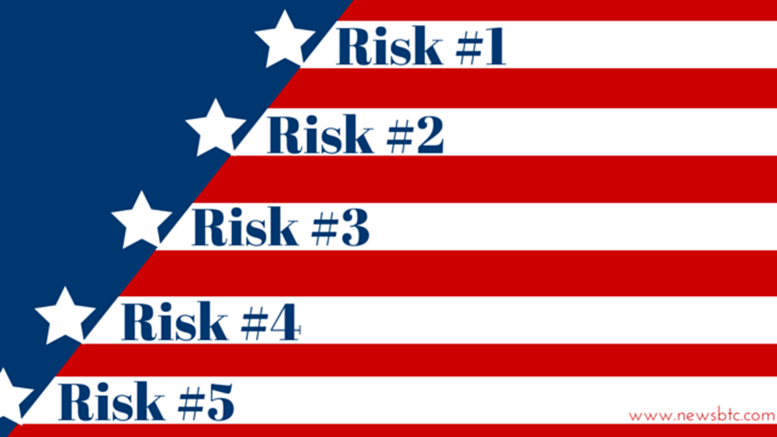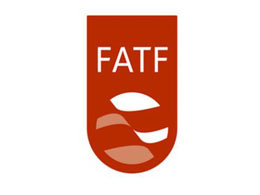
USA.gov Shares List of Risks Associated with Virtual Currencies
In an effort to warn the public about the risks associated with virtual currencies, USA.gov published a list of Five Things You Should Know About Virtual Currencies. The article aims to simplify what virtual currencies are all about and why people should think about the risks involved before choosing to invest in it. It defines virtual currencies as a digital form of money that can be used for purchasing goods and services typically online and can also be exchanged for other currencies such as the U. S. dollar. Risks of Virtual Currencies. The article also warned that these types of....
Related News
The Financial Action Task Force [on Money Laundering], also known as FATF, has released a new report focusing on virtual currencies. Specifically, the report covers "key definitions" and "potential AML/CFT risks" of these emerging payment methods. The FATF conducted research into the characteristics of virtual currencies to make a preliminary assessment of the ML/TF risk associated with this payment method. An important step in assessing the risks and developing an appropriate response, is to have a clear understanding of the various types of virtual currencies and how they are controlled....
We've seen plenty of times central banks warn consumers of the risks of getting involved with digital currencies, but the Dutch Central Bank is taking a different approach. In astatement published on the central bank's website, De Nederlandsche Bank (DNB) is warning banks and payment institutions of the integrity risks that virtual currencies bear. The central bank points out that there exists a significant level of anonymity when it comes to digital currencies (like bitcoin, for example). The release (which is interestingly dated June 5, 2014) says (translated using Google): In....
The Monetary Authority of Singapore (MAS) is to regulate virtual currency intermediaries in order to address potential money laundering and terrorist financing risks. A statement from MAS said the anonymous nature of virtual currency transactions leave them particularly vulnerable to these risks. In response, MAS is introducing regulations requiring intermediaries that operate virtual currency exchanges and vending machines to verify the identities of their customers. They will also be required to report any suspicious transactions to the Suspicious Transaction Reporting Office. Ong Chong....
Commonwealth governments should regulate bitcoin to address the risks associated with digital currencies without stifling innovation. This was one of the recommendations put forward by the Commonwealth's Virtual Currencies Working Group during a three-day conference held in London this week. After hearing from the banking sector, academia, virtual currency operators, users and law enforcement agencies, the group urged governments to re-consider their legislative response to virtual currencies such as bitcoin and strengthen law enforcement to counter criminal use. The group, which noted....
Regulation of virtual currencies is one of the most interesting topics in the European Parliament. A new report throws light on the technology. The importance of virtual currencies and its underlying blockchain technology is being recognized by the European Union, resulting a favorable outlook towards the cryptocurrency industry by the European Parliament. The recent report published by the European Parliament stands as an evidence of its stance towards virtual currencies. The opinion report on virtual currencies and virtual currency technology was published by the Committee on the....





